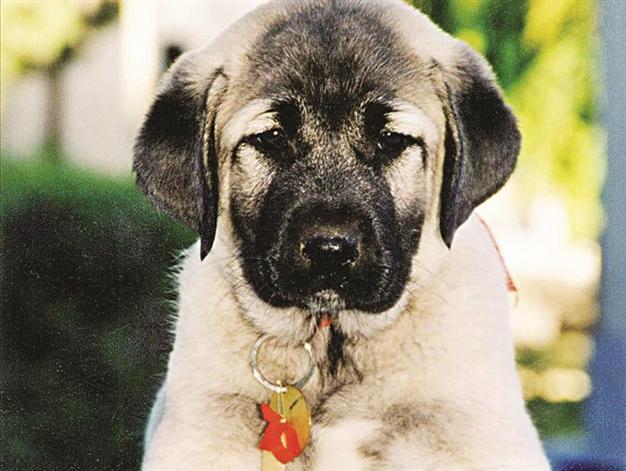Wolves wild unlike dogs despite their similar gene
MASSACHUSETTS, New England

Unlike wolves, dog pups only begin to explore and walk after all three senses, smell, hearing and sight, are functioning, according to a recent study.
Dogs and wolves are genetically so similar but wolves remain fiercely wild, while dogs can gladly become “man’s best friend.” A new research by evolutionary biologist Kathryn Lord at the University of Massachusetts Amherst suggests the different behaviors are related to the animals’ earliest sensory experiences and the critical period of socialization, Science Daily has reported.Until now, little was known about sensory development in wolf pups, and assumptions were usually extrapolated from what is known for dogs, Lord explained. To address this knowledge gap, Lord studied responses of seven wolf pups and 43 dogs to both familiar and new smells, sounds and visual stimuli, tested them weekly, and found they did develop their senses at the same time.
Critical period of socialization
The study also revealed new information about how the two subspecies of Canis lupus experience their environment during a four-week developmental window called the critical period of socialization, and the new facts may significantly change understanding of wolf and dog development.
When the socialization window is open, wolf and dog pups begin walking and exploring without fear and will retain familiarity throughout their lives with those things they contact.
Through observations, Lord confirmed that both wolf pups and dogs develop the sense of smell at age two weeks, hearing at four weeks and vision by age six weeks on average. However, these two subspecies enter the critical period of socialization at different ages. Dogs begin the period at four weeks, while wolves begin at two weeks.
Lord reports for the first time that wolf pups are still blind and deaf when they begin to walk and explore their environment at age two weeks.
She said, “when wolf pups first start to hear, they are frightened of the new sounds initially, and when they first start to see they are also initially afraid of new visual stimuli. As each sense engages, wolf pups experience a new round of sensory shocks that dog puppies do not”.
Meanwhile, dog pups only begin to explore and walk after all three senses, smell, hearing and sight, are functioning.
“It’s quite startling how different dogs and wolves are from each other at that early age, given how close they are genetically,” she said.
















